Key Issues Mary Is Committed To Addressing,
For A Better Future
Local Government
Local Government is the bedrock of our democracy. Since 1898, Local Authorities have been charged with delivering 1,000s of local services, including housing, roads, libraries, planning and culture.
As a former Dublin City Councillor and Fianna Fáil’s Local Government Spokesperson, I want to make our 31 Local Authorities stronger and better equipped to respond to the needs of their local communities and help those communities flourish.
I fully support the Government’s establishment of a Local Democracy Taskforce to strengthen and reform local government in Ireland.
It is vital that our Local Authorities are democratic, transparent, accountable and responsive to the needs of their local communities.
The Local Democracy Taskforce represents an opportunity to rebalance power, increase voter participation, and make council decision-making more accountable.
I am working with elected Councillors, AILG, LAMA, and all relevant stakeholders to ensure that the Taskforce delivers meaningful reforms. Elected Councillors must be empowered, public engagement supported, and a more inclusive and effective local government structure delivered
Councillors must be given greater say over local budgets, policies, and services. Evolving more decision-making powers to elected representatives, strengthening Municipal Districts, and increasing the balance of power away from unelected executives.
Stronger mechanisms to hold Chief Executives and Directors of Services accountable are needed. I am advocating for greater consultation with Councillors must have more say on key decisions, timely access to relevant information, and regular performance reviews of executive actions
The Taskforce must lead to real action. That means a clear roadmap with timelines, responsibilities, and follow-through. I will work for a plan that ensures reforms are not just promised, but delivered, monitored, and reviewed.

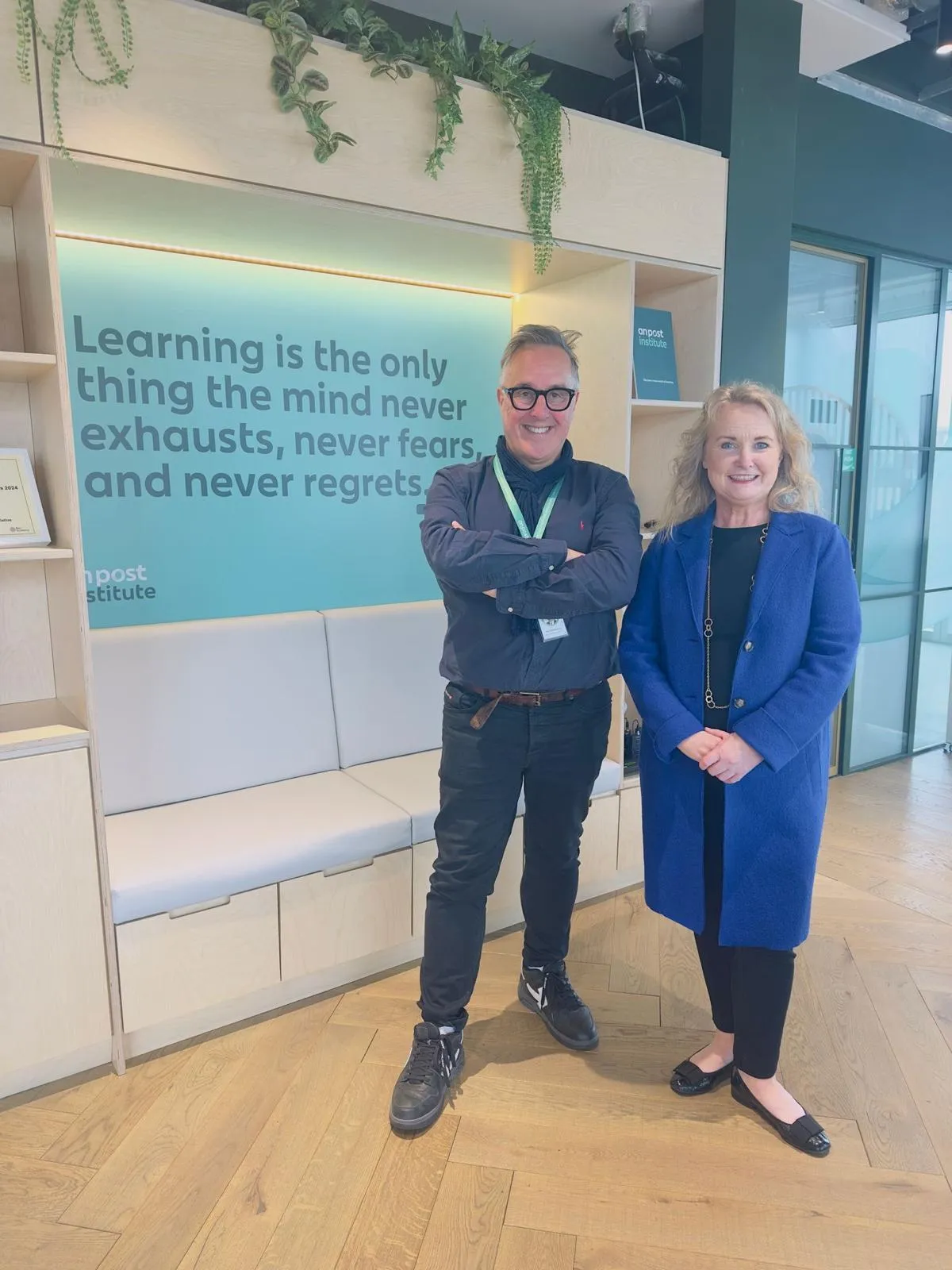
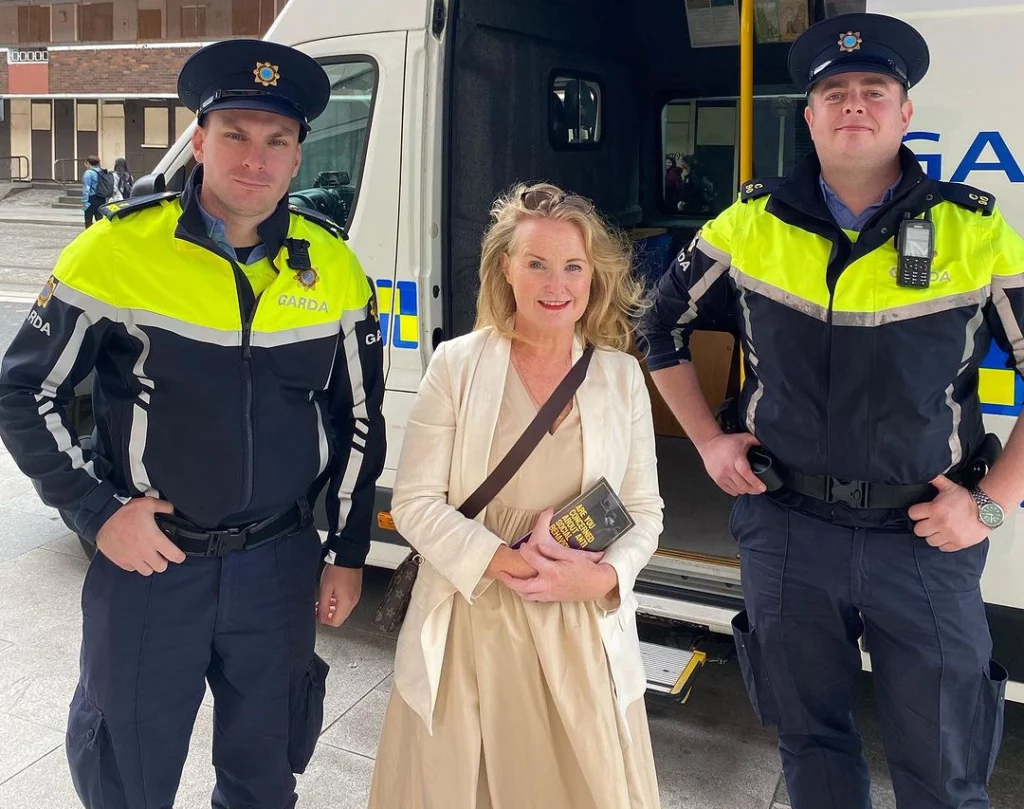
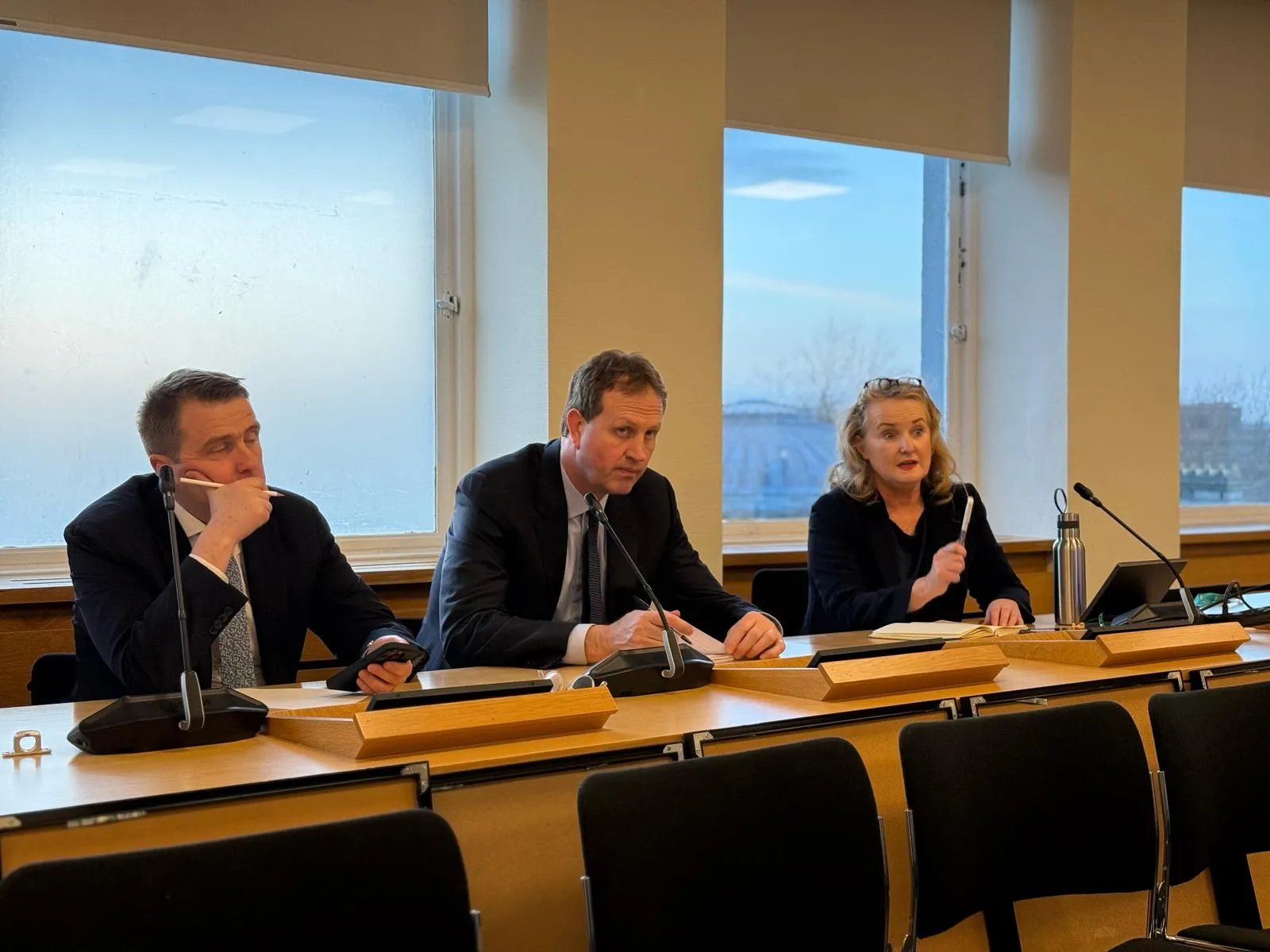
Dublin City Taskforce
Dublin City is one of the world’s greatest cities to live, work and visit. Dublin City has a rich cultural, literary and built heritage and at the same time a dynamic and evolving modern city.
The city is being failed by inadequate street cleaning, public safety, dereliction, restrictive late-night licencing and insufficient housing.
I am determined as Fianna Fáil’s Spokesperson for the Dublin City Taskforce to work with Government, Dublin City Council, community leaders, businesses, residents and all stakeholders to tackle these issues and champion a safer, more vibrant, and more liveable city for everyone.
The Taskforce has identified ten “Big Moves” to revitalise Dublin, from adding 1,000 Gardaí and converting derelict buildings into homes for essential workers, to investing in culture, waste management, and night-time transport. These changes are about restoring pride in our capital, supporting businesses and communities, and making Dublin a city that works better for residents, workers, and visitors alike.
1,000 new Gardaí, improved lighting, expanded CCTV and a dedicated waste strategy will make the city centre feel safer and more welcoming, day and night.
High-density housing for essential workers, regeneration of social housing complexes, and conversions of derelict sites will bring new life and economic vitality to the city core.
Investments in the night-time economy, new cultural hubs, late openings, pedestrian zones, and a citywide marketing campaign will make Dublin a place people want to be—at all hours.
Tánaiste Micheál Martin nominated Mary to the all-party Oireachtas Committee on Drugs. The committee is tasked with responding to the 36 recommendations from the Citizens Assembly on Drugs including ending the current system of prosecuting those caught with drugs for personal use and instead adopting a comprehensive health led approach to drugs use. Do you support a health led approach to drugs use, diversion from drugs, depenalisation of drugs, decriminalisation of drugs, legalisation of drugs? Let Mary know your thoughts by completing her survey on drugs.
Enterprise, Trade and Employment Committee
98% of Irish enterprises are classified as SMEs, they are the backbone of our economy, delivering jobs, innovation, and community services across the country.
As a member of the Joint Oireachtas Committee on Enterprise, Trade and Employment, I am proud to support policies that protect and empower Ireland’s small and medium businesses.
Nominated to the Seanad by RGDATA, which represents over 3,500 independent food retailers, I understand the mounting challenges facing local businesses. Rising costs, and changing consumer behaviour demand a strong, focused government response to protect Ireland’s retail heritage and future growth.
From energy bills to commercial rates, local businesses need financial breathing room to survive and thrive.
A coordinated national response is needed to address theft, anti-social behaviour, and intimidation in retail settings.
Independent retailers must be part of a plan to reimagine main streets as safe, vibrant community hubs.
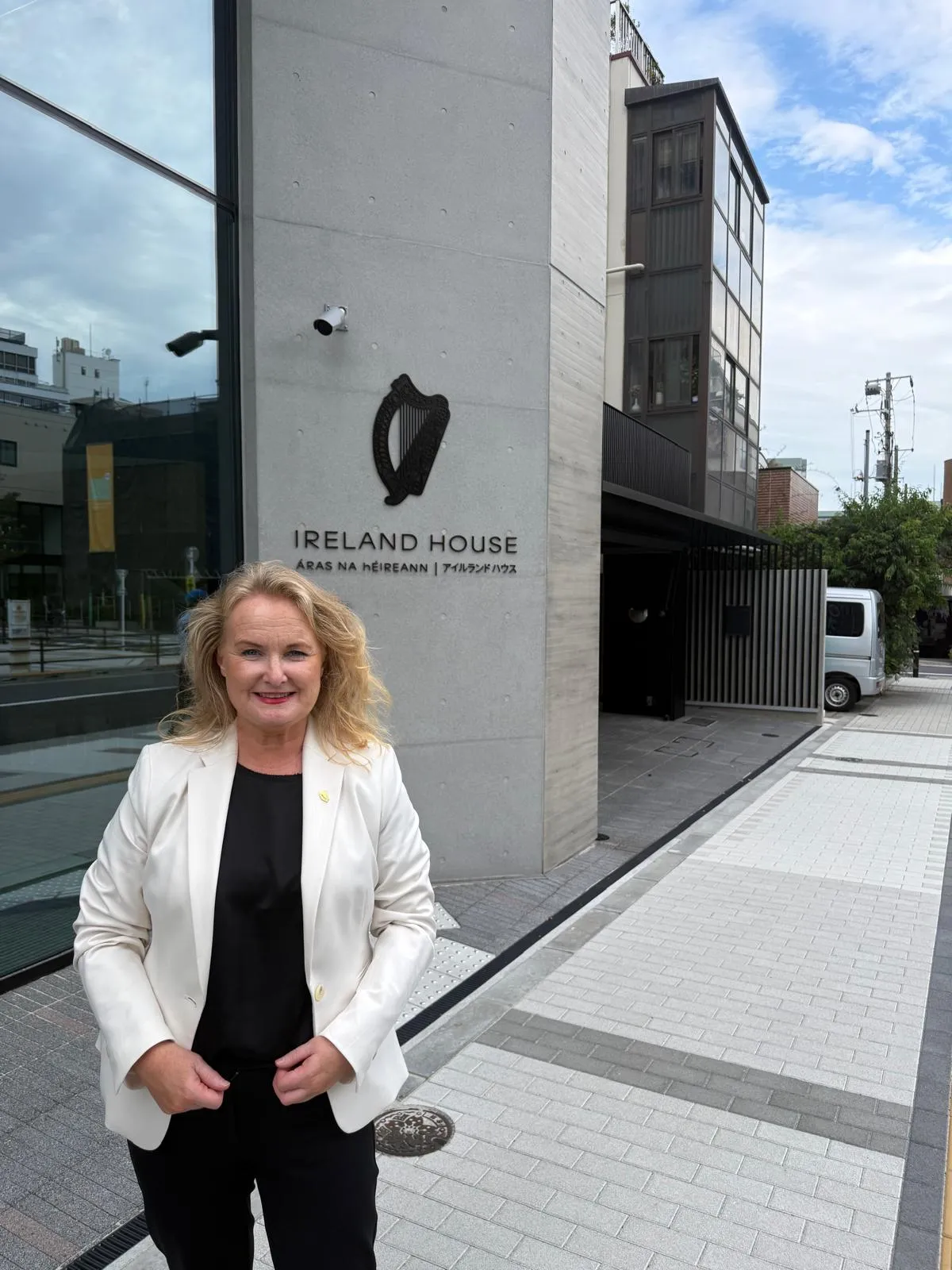
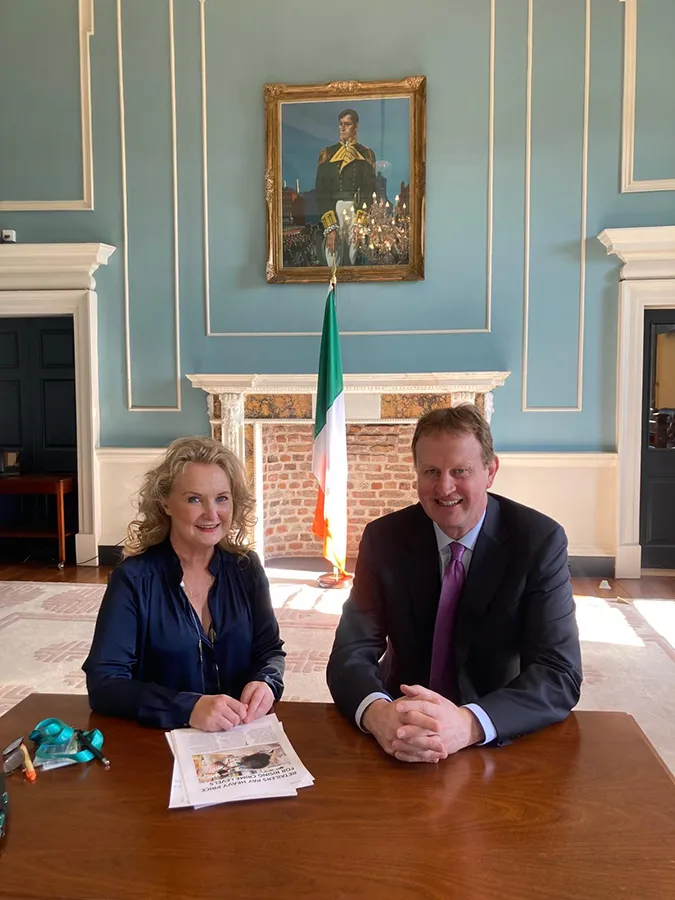
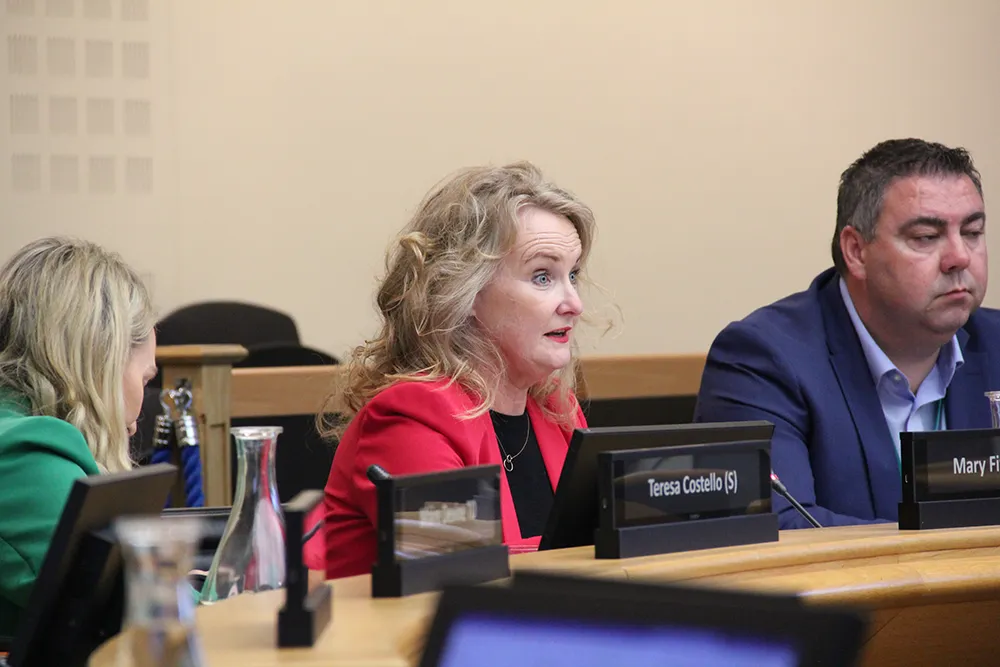
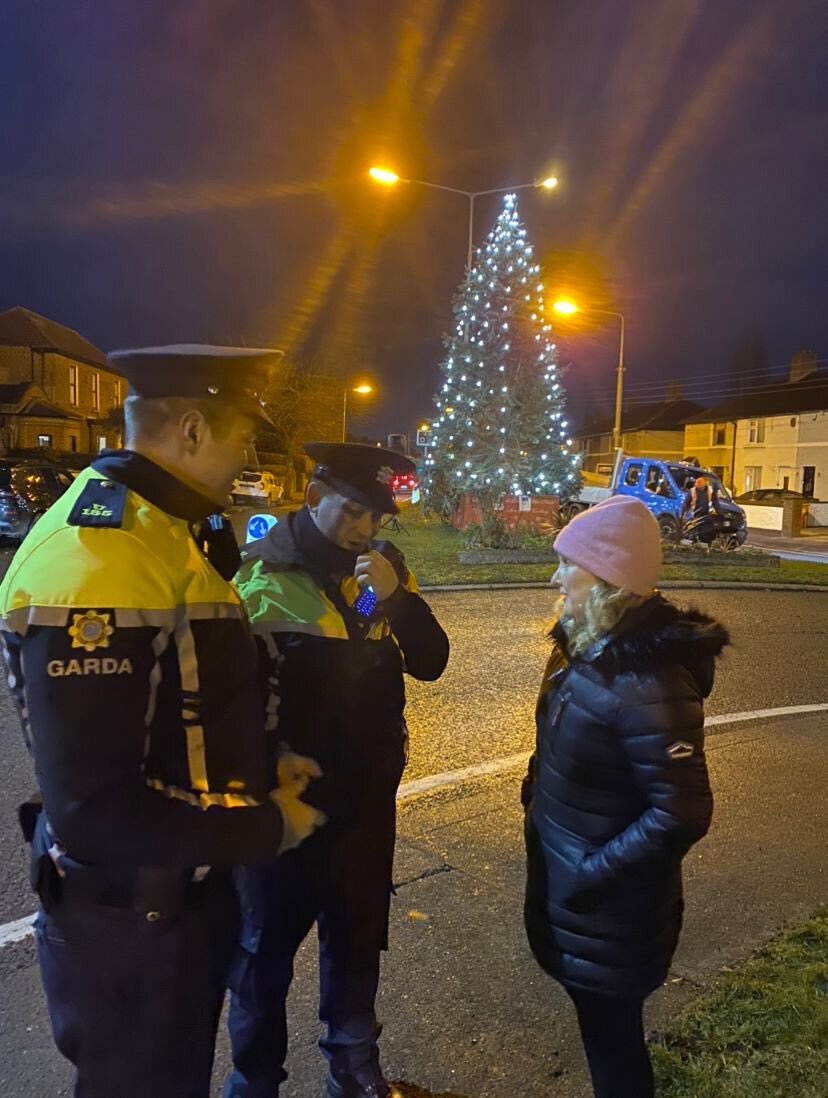
Joint Committee on Drugs Use
Drug and alcohol addiction is a significant public health issue.
Ireland’s Drug Crisis (Key Facts):
– 2nd highest overdose death rate in Europe
– 1 in 4 have used illicit drugs
– 50% of 3rd-level students report drug use
– 70% of the prison population lives with addiction
As Vice Chair of the newly formed Joint Oireachtas Committee on Drugs Use, I am committed to building a more compassionate, evidence-based approach to Ireland’s drug policies. Our work is guided by the findings of the Citizens’ Assembly on Drugs Use, which called for a health-led response to addiction.
Priority must be given to supporting people struggling with addiction through prevention, treatment, education, and recovery pathways, while also protecting public spaces and community safety.
Our work is grounded in evidence from healthcare professionals, addiction services, and those directly affected by drug use.
A health-led model means increased access to services and early interventions.
Investment in education, mental health, and rehabilitation to reduce reoffending and save lives.
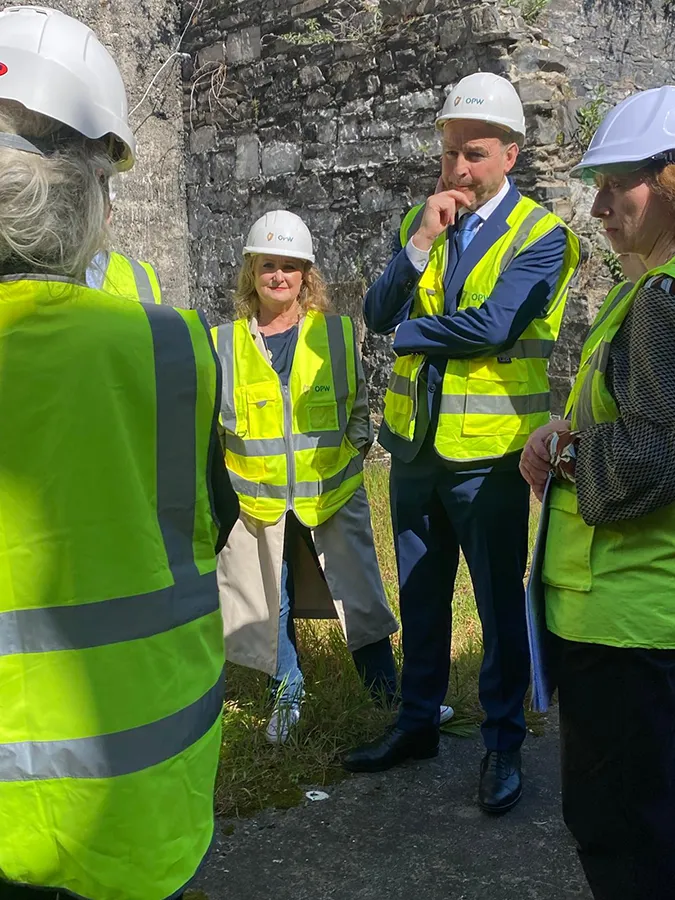
Heritage
Our Irish heritage encompasses a rich tapestry of language, music, dance, mythology, and customs.
From traditional music and sports like Gaelic football, Irish culture is a dynamic blend of ancient traditions and modern expressions.
Our built heritage encompasses historic buildings, monuments, and cultural landscapes, from ancient ringforts to grand estate houses and industrial structures like the canals.
Protecting this heritage for future generations is a key goal, supported by government bodies like the Office of Public Works (OPW) and local authorities, which manage iconic sites and conserve architectural features.
This conserved heritage also drives economic renewal through tourism and sustainable development.
Heritage Grants
The Heritage Council offers a wide range of funding opportunities—such as the Community Heritage Grant Scheme and Traditional Farm Buildings Scheme to support conservation, heritage education, biodiversity, and cultural projects.
Click here for more information on grants available and how to apply.
